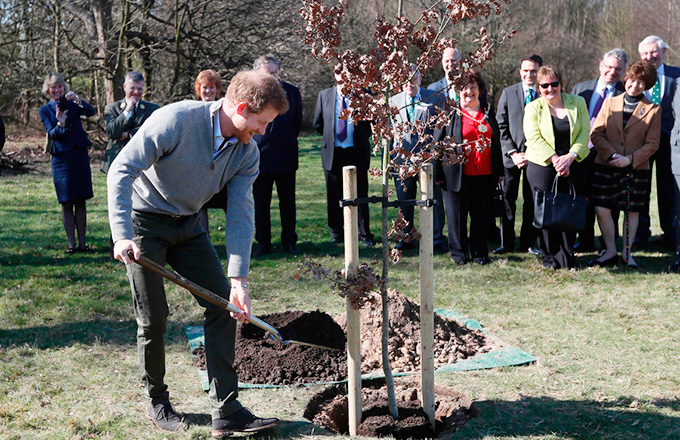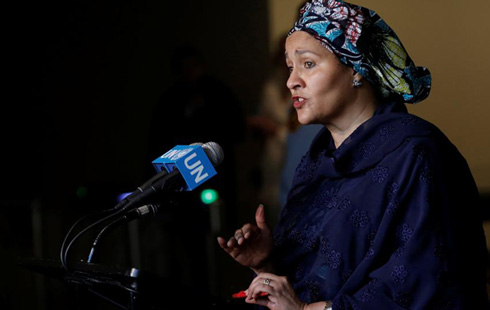Tillerson's first China visit to build on positive momentum in China-US ties
BUILDING ON POSITIVE MOMENTUM
Tillerson's China visit is to build on the positive momentum that has already emerged in the China-US relations after a rocky start following Trump's victory in the US presidential election in November, experts said.
Ahead of Tillerson's visit, the US State Department already sent out a positive signal, saying that Washington intends to pursue "a more constructive relationship with China" and look for areas to expand bilateral cooperation.
Indeed, the visit will help dispel the cloud hanging over the bilateral ties due to the tough rhetoric made by Trump during and after his campaign. Trump further irked Beijing by taking a call from the leader of Taiwan, regarded by China as integral part of its territories, and claiming that the one-China policy was up for negotiation.
But positive signs have emerged, especially after Xi-Trump phone talk in February, during which Trump pledged to honor the one-China policy.
This removed a major stumbling block that could explode into a crisis never seen in the past decades, by shaking the foundation of the China-US ties.
After the Xi-Trump phone talk, Chinese Foreign Minister Wang Yi held his first meeting with Tillerson in Germany on Feb. 17. It was followed by the first visit to the US by Chinese State Councilor Yang Jiechi, who met with Trump and his top aides at the White House.
The Trump administration has so far held back from taking aggressive actions against China on currency, trade and the South China Sea issues.
Commenting on the new positive signs, Paal said he is now "more optimistic" about the China-US ties than when Trump was inaugurated on Jan. 20.
"I give considerable credit to China's diplomats, who have shown energy and flexibility to move through the extended Trump transition period when most formal linkages are functioning only partially," Paal said.
With the Tillerson visit, China and the US have incentives to send messages that urge restraint on the Korean Peninsula, and on other regional flash points, he added.
Still, difficulties remain on trade, currency and certain security issues that concern the Trump administration, which vows to cut its trade deficit with China and bring jobs home.
Paal said that, during Tillerson's visit, the two sides are likely to spend much time discussing the Trump administration's economic concerns about China.
During the campaign last year, Trump vowed to impose high tax on Chinese imports, exert pressure on China on its currency policy and urge for increased intellectual property protection.
"But we still have not heard a comprehensive statement of the new administration's global, regional, or China strategies, so there may be surprises, especially on the trade and economic fronts," Paal said.
Carpenter said though Trump has retreated on a number of foreign policy positions that he took during the campaign, "there will be some difficulties and tensions between Beijing and Washington in the future, especially regarding trade practices."




















